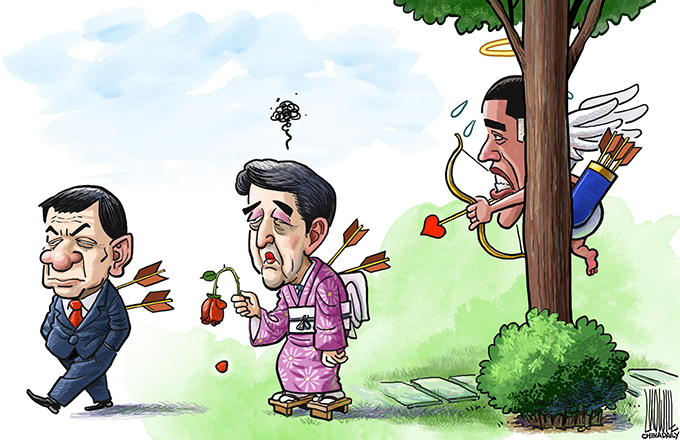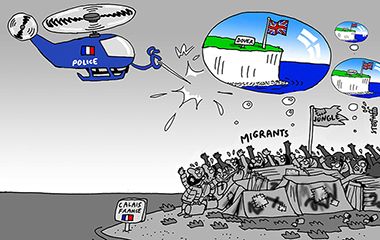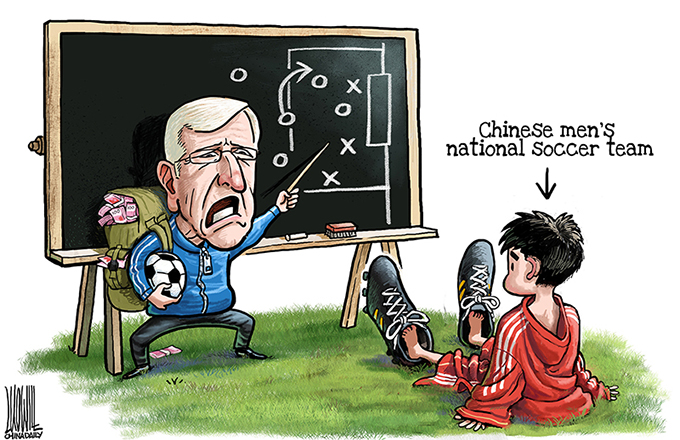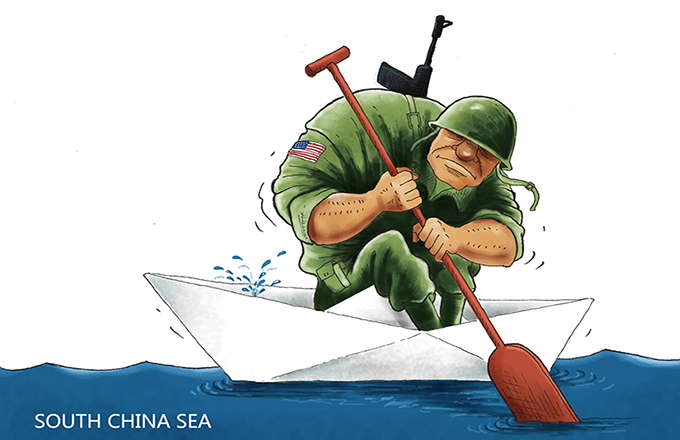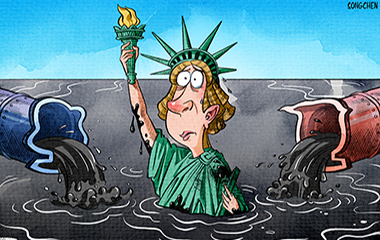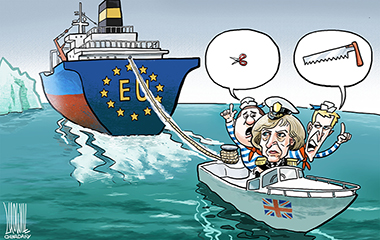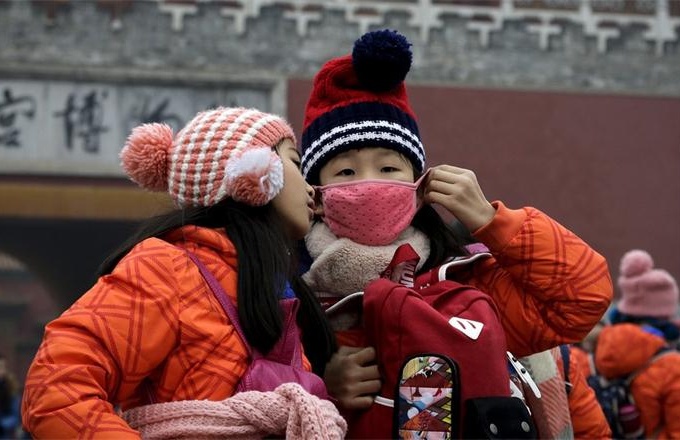Three powers will shape future state of world
 |
|
Chinese President Xi Jinping (R) meets with Russian President Vladimir Putin, who is here to attend the Group of 20 (G20) summit, in Hangzhou, capital of East China's Zhejiang Province, Sept 4, 2016. [Photo/Xinhua] |
Intensifying competition among the world's major powers raises the issue of political leadership to a new level. The obvious lack of strong leadership in the European Union has not only led it to crises, but has also disqualified the EU from being a global strategic actor.

The three major powers of today's world, the United States, China and Russia, have very different political systems and very different leadership styles. The US rests on divided government, with intricate checks and balances; China formally has collective leadership; and Russia lives under personalist rule that enjoys the consent of most people. Things, however, are changing.
The Communist Party of China has just named Xi Jinping its "core" leader.
In societies going through transformational processes, like China's and Russia's, strong and responsible leadership is required more than in established ones, which are largely self-governing. In the US, it is Congress, state and municipal authorities that take care of the domestic agenda, while the president's powers are most important in the field of foreign and security policy. With the global environment getting more competitive, it is relations among the leaders of the US, China and Russia that will have a decisive impact on global politics through the rest of this decade, and beyond.
So far, the mutual empathy and closeness of world views between Putin and Xi has greatly promoted Sino-Russian cooperation and cemented the new "entente"-something more than partnership and less than an alliance-between Moscow and Beijing. By contrast, Putin's rocky relations with US President Barack Obama have aggravated, rather than mitigated the fundamental US-Russian differences. Xi's connection to Obama, by contrast, has been generally businesslike, but hardly warm, even as the two countries have raised the level of their competition.
Going forward, Xi, Putin and the next US President will be largely responsible for the state of the world. China's and Russia's leaders will not only work closely with each other, but also learn from each other, in economics as well as in politics. They will probably continue to resolve their differences in a friendly and reasonably accommodating manner.
This will strengthen Beijing's hand in relations with Washington, and provide Moscow with a much-needed partner in constructing Greater Eurasia, Russia's newest geopolitical blueprint. The triangle which former US president Richard Nixon and his top aide Henry Kissinger-the two very strong and insightful foreign policy leaders-built in the early 1970s and which put the US on top is now standing on its head.
The author is the director of the Carnegie Moscow Center. His recent book, Should We Fear Russia? has just been published by Polity, Cambridge (UK).




